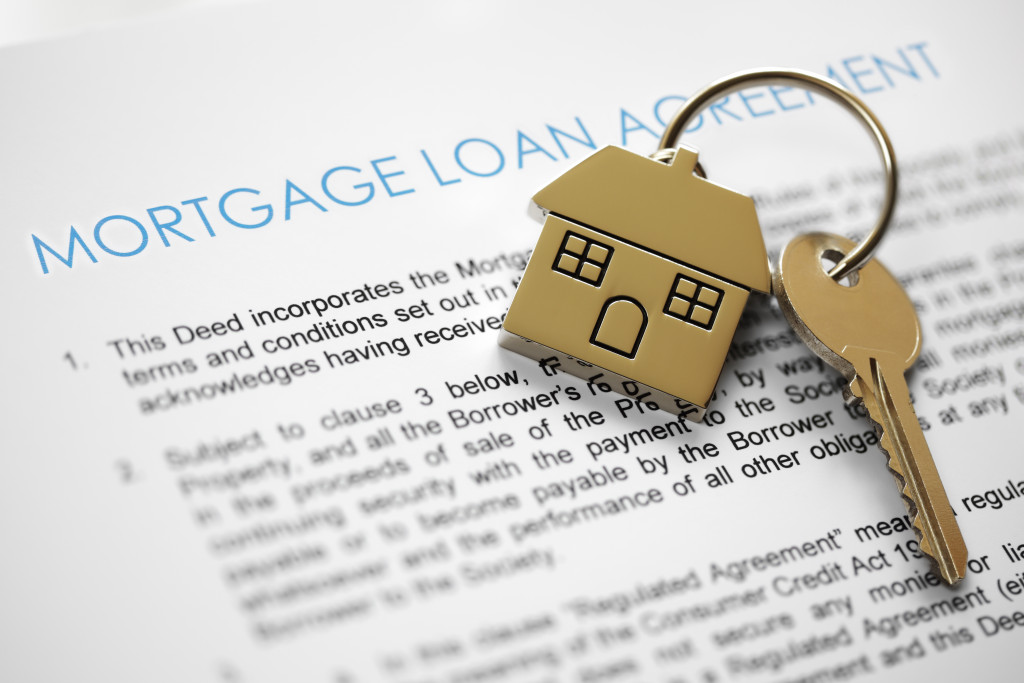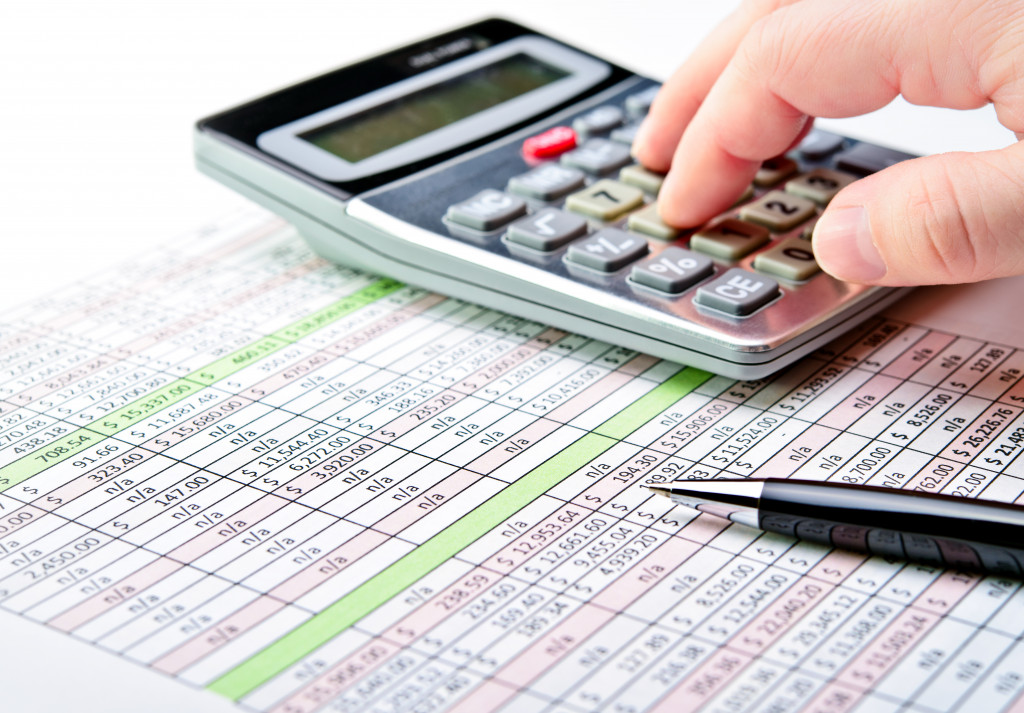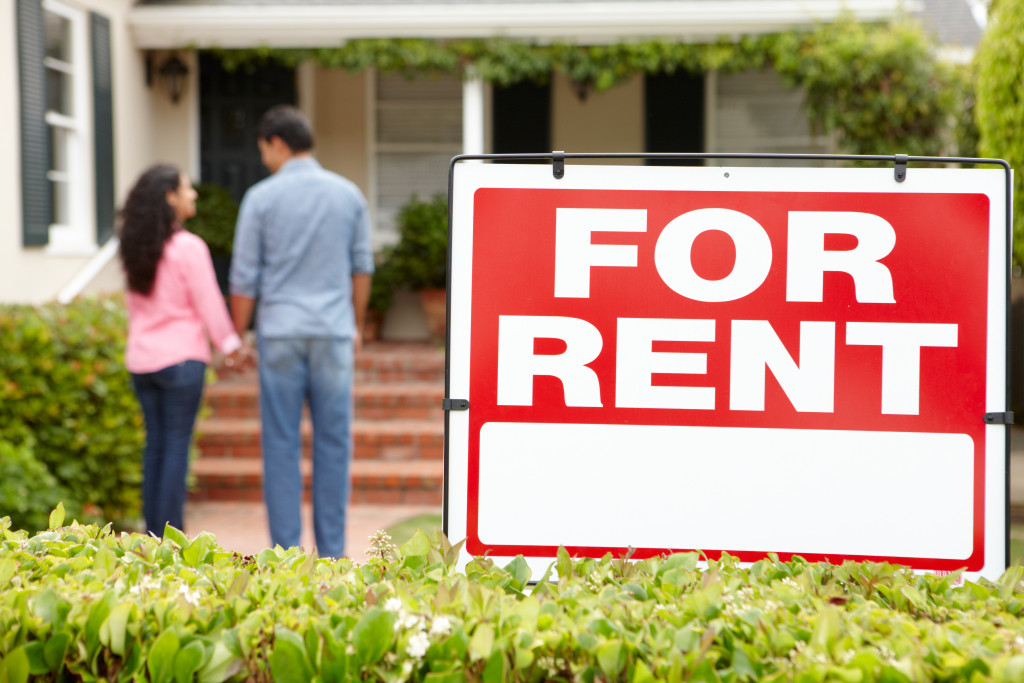- Financing options must be carefully considered when investing in rental homes to ensure affordable costs with ownership.
- Location and market conditions must be assessed to foresee potential issues when renting out the property.
- Rental rates or rentable market value must be researched to ensure maximum returns when investing.
- Potential tax implications must be understood to make profitable decisions and protect from financial surprises.
Investing in rental homes can be a lucrative endeavor when done correctly. It is important to consider all the potential costs, risks, and rewards before committing to such an investment. Considering these various aspects before investing in rental homes, you can maximize your chances of success and minimize any potential losses from the venture.
Financing Options

When investing in rental homes, it is important to consider financing options. This encompasses considering all the costs associated with property ownership and finding an affordable home loan. Speaking with various financing professionals who can help determine the best loan option and establish realistic financial goals can be beneficial.
There are several different types of loans, such as adjustable-rate mortgages, fixed-rate mortgages, and conventional and government-insured loans, that rent investors need to consider. Researching and understanding the pros and cons of each loan type will help secure a more profitable investment in rental homes.
Costs and Returns
Here are some of the things related to costs and returns that you need to research before investing in rental homes:
Location/Market Conditions
Location and market conditions must be carefully assessed when investing in a rental home. Understanding the neighborhood, local infrastructure, desirable amenities, future development plans, and other advantageous factors can help one foresee potential issues when renting out their property.
Additionally, researching the real estate market to comprehend the current law of supply and demand in rental homes will benefit profit-focused investment. The process of assessing location and market conditions is essential in making wise choices when investing in a rental home – it helps inform decisions regarding renovation projects, target renters, and appraise the property’s potential value.
Rental Rates/Rentable Market Value
When investing in rental homes, one of the most important factors to consider is the rate you can expect to charge for rent. The rental rate or rentable market value determines how much income you can realistically anticipate from leasing out your property. It considers current competitive rental rates, quality of amenities and features in other nearby rentals, and local economic conditions that may influence rental costs.
Additionally, potential maintenance costs should also be factored into the equation, as high ongoing expenses can significantly lower the rentable market value of a property. Considering these things when making an investment decision can help ensure a higher return on investment when investing in rental homes.
Potential Tax Implications

Potential tax implications are an important factor to consider when investing in rental homes. Taxes can affect the income earned from a rental property and the number of expenses that can be deducted. Researching local tax laws is essential to make proper adjustments before purchase, such as factoring the cost of real estate taxes into your annual budget or calculating estimated taxes due at a potential sale.
It’s also important to understand any opportunity or incentives offered by both federal and state governments that can help offset your costs as a property owner. Doing this typically involves hiring a qualified accountant who can advise and guide you through relevant tax regulations and ensure you’re making informed decisions that ensure you get the best return on investment. Taking the time to properly research tax implications before investing helps protect yourself from unforeseen financial surprises.
Property Management Responsibilities
Investing in rental homes can be lucrative, but astute investors must properly consider property management responsibilities before acquiring a property. These responsibilities include understanding the scope of local and state laws relating to owning real estate and adequately complying with applicable tenant rights and responsibilities regulations.
To this end, proper consideration of property management responsibilities includes finding reliable sources for licensing, contract terminology, safety requirements, and insurance provisions unique to renting homeownership. Furthermore, thorough knowledge of strategies to set fair rent prices and determine appropriate tenant qualifications is essential. Failure to do so can lead to costly penalties that could negatively impact an investment’s potential return.
Cost of Repairs and Maintenance
Investing in rental homes has many moving parts, one of which is considering the cost of repairs and maintenance. This includes inspecting the home to be sure it’s structurally sound and looking out for regular maintenance such as painting and roof repair. Additionally, it’s important to factor in things like appliance replacement or repairs should they be necessary over time.
Being aware of these costs beforehand will help investors budget for long-term expenses and prevent surprises that could potentially sink the investment. Taking a proactive approach is key when investing in rental homes, as identifying issues early on from an initial inspection can potentially save money in the long run.
These are just a few of the things to consider when investing in rental homes. While it can be tempting to jump into such an investment, taking the time to properly research and understand all of the associated costs and risks will ensure that one’s investment is well-managed with the potential for maximum returns.
